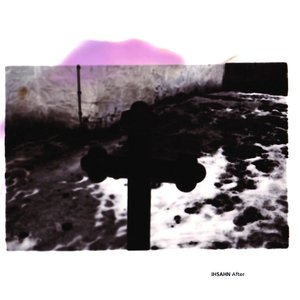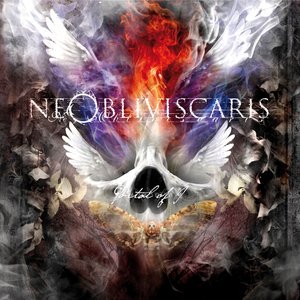Wiki
-
Release Date
18 October 1999
-
Length
7 tracks
Still Life is the fourth studio album from the Swedish progressive death metal band Opeth. Still Life was recorded at Maestro Musik and at Fredman Studios from 15 April to 29 May 1999. The album was produced and engineered by Opeth, sound setting and additional engineering were made by Fredrik Nordström and Isak Edh and it was mastered at The Mastering Room by Göran Finnberg. The inner booklet was designed by Travis Smith and Opeth with the photography being produced by Harry Välimäki and Travis Smith.
This album was the band's first to be recorded with Martin Mendez, who has continued to be the band's bass player. Although he had joined the band prior to the release of My Arms, Your Hearse, he had not contributed any bass lines to that recording. This lineup is considered to be the classic Opeth lineup, with many of the band's fans also considering this release the magnum opus of their discography.
Prior to the release of Blackwater Park in 2001, Still Life was the band's most commercially successful album. Like most of the band's albums, Still Life features the unusual marriage of death metal, progressive rock and folk elements that helps differentiate Opeth from their musical peers.
On this album, vocalist Mikael Åkerfeldt's death metal vocals began to deepen considerably relative to the style that had been used on the band's earlier albums. Still Life continues the band's experimentation with the dynamics of their songs.
The song "Benighted" is its only acoustic track, containing a jazz-influenced guitar solo. The song bears a resemblance to Camel's "Never Let Go" on their self-titled debut-album. This is also one of the band's few songs that follow a linear song structure, containing verses and a chorus. "Face of Melinda" is considered to be a fairly soft song for Opeth, and while it does not contain death metal vocals, it does contain guitar riffs that are typical of the band's heavier songs. A fretless bass guitar was used in "Face of Melinda" to give it a jazzier sound. The band looks to the song with a certain fondness and considers it their ballad.
Like its predecessor, My Arms, Your Hearse, Still Life is a concept album. "The Moor" tells that the protagonist was shunned by his community. He was called an "ungodly freak - defiler", and was "branded a Jonah with fevered blood". He was beaten, burned, covered with mud, and banished from his town, returning 15 years later for his love Melinda, whom he had to leave behind when he was banished.
"Godhead's Lament" finds the outcast attempting to conceal his return. He contemplates the consequences, considering leaving for safety's sake, but does not, his desire to see Melinda again outweighing any concerns for his welfare. He watches her from afar, only to discover that she has become a nun (godhead). Yet he still tries to get her back.
"Benighted" reads like a love letter, basically an unspoken ode to Melinda. The outcast tries to convince her to come with him because he loves her. He tries to convince her to abandon her religion which is like a chain around her neck in his eyes.
"Moonlapse Vertigo" is a reminder that the people of the town would kill him if they realized he was there. The song references the Council of the Cross, referring to the Christian government, who openly show scorn for the disgraced and the poor. He realizes that he has no time left to flee from the country and decides to meet Melinda at last and lead her out of the country with him. In this song the outcast really shows his immense hate towards the Council.
"Face of Melinda" paints the black-haired lady as a quiet, brooding creature as he approaches her. After his failure to court her, she was sworn to the life of a nun, however, he does not give up, plotting to have her back to fill his emptiness. He is disheartened, but tells her about all that he had risked to return to her. She tells him of her own moral failings, but surprises even herself when she tells him that she still loves him. The song ends with a grim clue of what's to come - "and baffled herself with the final line - 'my promise is made but my heart is thine'", implying these are Melinda's very final words.
"Serenity Painted Death" begins when the outcast awakens to find Melinda has been taken and her throat slit for her being 'unfaithful' to the church, which she was supposed to be "married" to. Consumed by pent up pain and rage, he brutally kills the soldiers who had killed Melinda, in a momentous and final act of aggression. In a frenzy of rage he assaults and kills every townsman he can before he succumbs and collapses in total exhaustion. When he regains control over his mind, the Council of the Cross is there to take him.
"White Cluster" starts as the outcast is in a dream-like state, most likely because of the blood loss. The dreamlike state slowly turns to reality. The Council of the Cross tries to make him repent but he is insincere. He is led to the gallows to be hanged. The townspeople who have gathered to watch the execution wear white instead of black, showing that they believe he is a lost soul. The hangman approaches him and ties the noose, allowing him a moment of reflection before he is hanged. Just before he dies he feels a hand on his shoulder and as he looks behind him he sees Melinda standing right behind him, ready for him to join her in death.
Album descriptions on Last.fm are editable by everyone. Feel free to contribute!
All user-contributed text on this page is available under the Creative Commons Attribution-ShareAlike License; additional terms may apply.


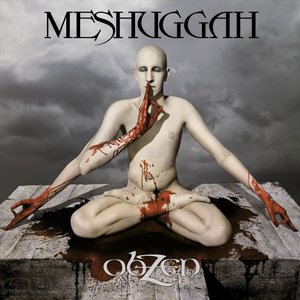
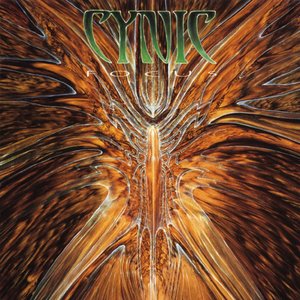
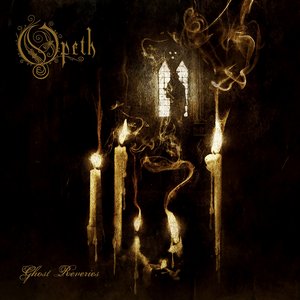
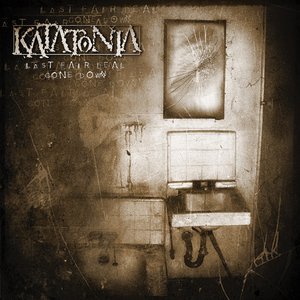
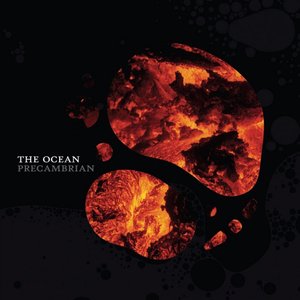
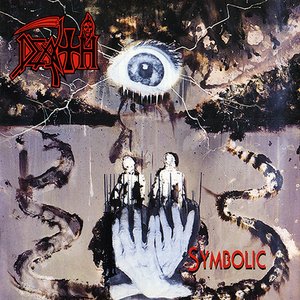
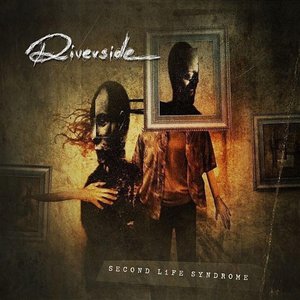
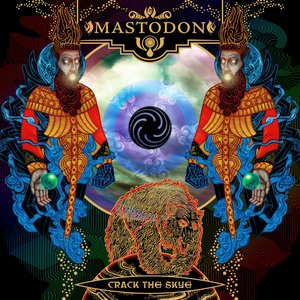
![Moontower [Explicit]](https://lastfm.freetls.fastly.net/i/u/300x300/c6f59c1e5e7240a4c0d427abd71f3dbb.jpg)
